On Monday, United States President-elect Donald Trump officially promised to, upon occupying the White House, declare a "national emergency" regarding the current immigration situation, which would allow the government to use military personnel and resources for mass deportations and border security. The announcement, which took the form of an affirmative response to Judicial Watch president Tom Fitton's statement about using military assets for deportations, is a confirmation of what the former President implied many times on the campaign trail. Fitton had outlined the incoming administration's readiness to declare a national emergency to facilitate mass deportations, which recieved the response "True!!!" from the former President.
The Plan
The policy is predicated on Trump's campaign pledges to initiate the "largest deportation operation" in U.S. history. This new strategy indicates a more forceful position, following the previous administration's implementation of various immigration restrictions.
The designation of Tom Homan, former acting director of Immigration and Customs Enforcement (ICE), as "border czar" highlights the gravity of these plans. Homan's appointment indicates a resurgence and possible amplification of the stringent immigration policies that defined Trump's initial administration.
Constitutional Backlash
Legal experts caution that utilizing military assets for domestic law enforcement, especially in deportations, may encounter substantial obstacles under the Posse Comitatus Act. This enduring legislation limits the deployment of military personnel for civilian law enforcement, possibly paving the way for significant judicial disputes. Immigration attorneys and civil rights organizations have commenced preparations for legal challenges, contending that such a proclamation would surpass presidential authority.
The Biden administration's struggle with record numbers of border crossings has provided Trump with political ammunition for his emergency declaration plans. However, critics argue that current border challenges, while serious, may not meet the legal threshold for a national emergency that would justify military involvement in immigration enforcement.
Beyond the Border
The ripple effects of this proposed policy extend far beyond immigration enforcement. Business leaders across various sectors, particularly agriculture, construction, and hospitality, have expressed concern about the potential impact on their workforce. Local law enforcement agencies are grappling with questions about their role in any mass deportation effort, while immigrant advocacy groups report growing anxiety in their communities.
Many state governors and mayors are already positioning themselves either in support of or opposition to the planned emergency declaration. Some sanctuary cities have begun reinforcing their non-cooperation policies, while others pledge full support for federal enforcement efforts. This growing divide reflects the deeper national debate over immigration enforcement priorities and resources.
As the transition period continues, the incoming administration's preparation for this dramatic policy shift has highlighted the complex interplay between executive authority, federal law enforcement, and civil rights. Whether this emergency declaration materializes as planned, its mere proposal has already reshaped the narrative around immigration enforcement and presidential power in ways that will likely influence American politics for years to come.
The unfolding situation raises critical questions about the balance between national security and humanitarian considerations, the role of military forces in domestic operations, and the practical challenges of implementing such an ambitious enforcement agenda. As legal experts prepare for potential court challenges and communities brace for possible changes, the coming months promise to be a crucial test of American institutional frameworks and social resilience.



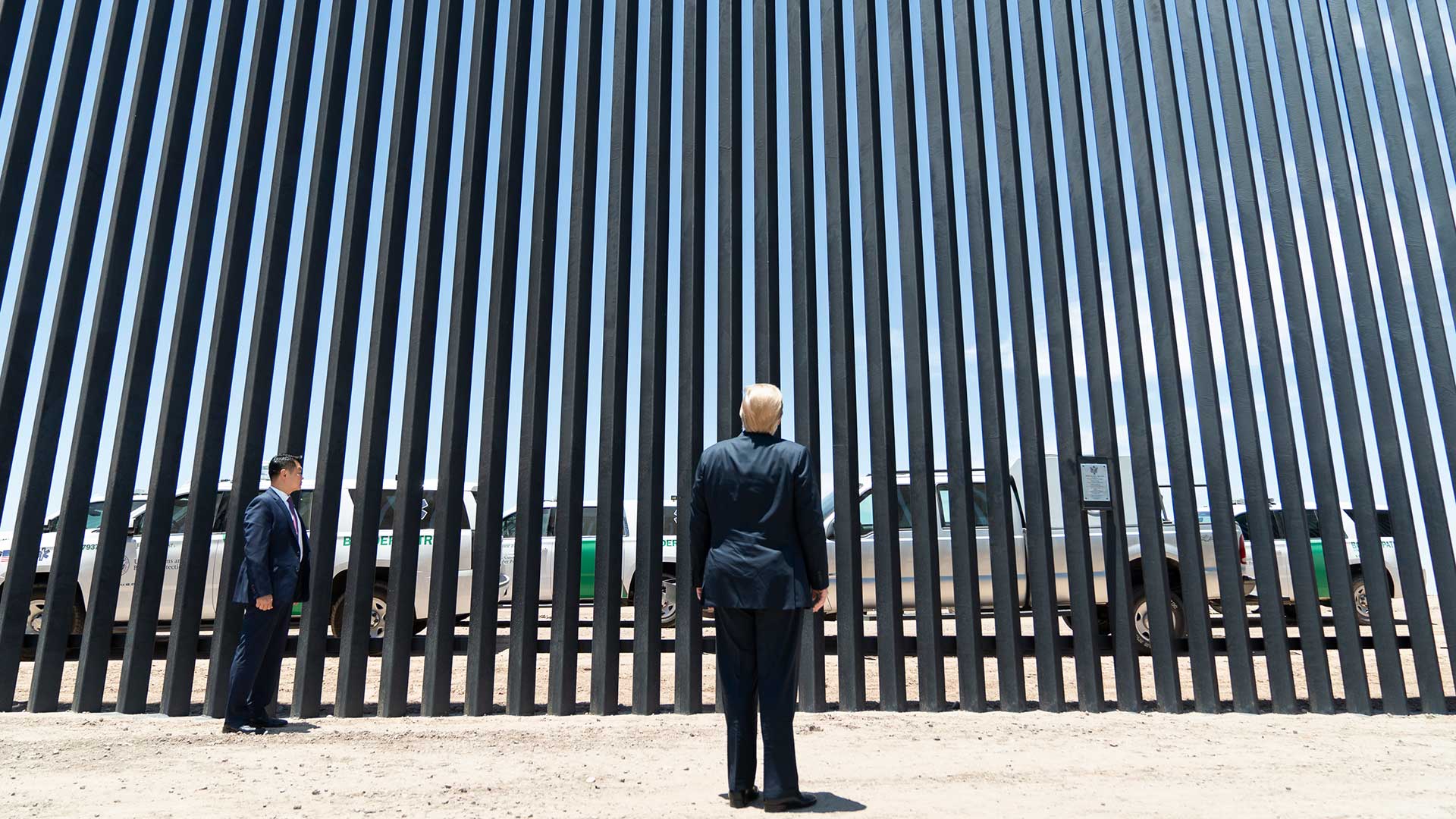


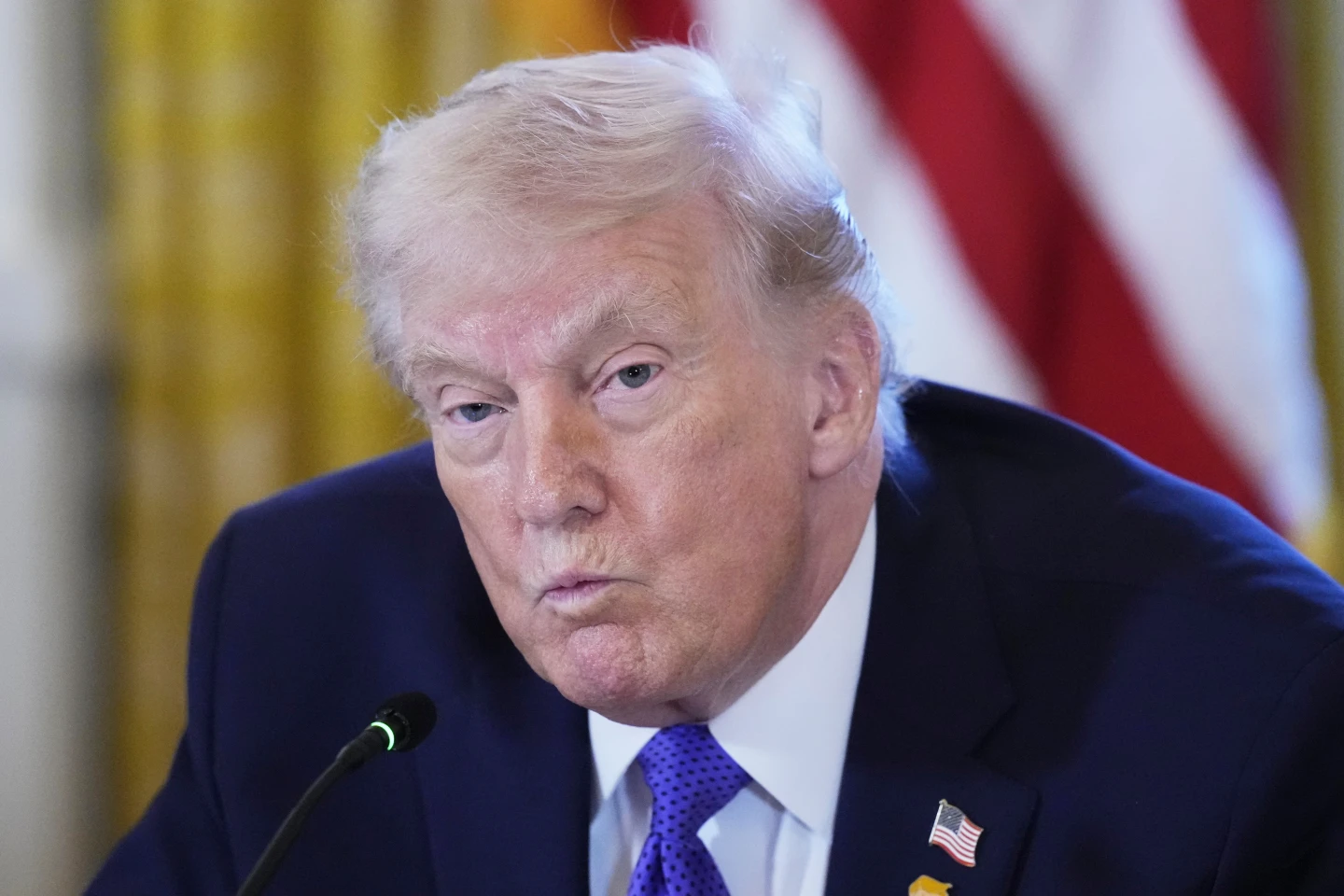
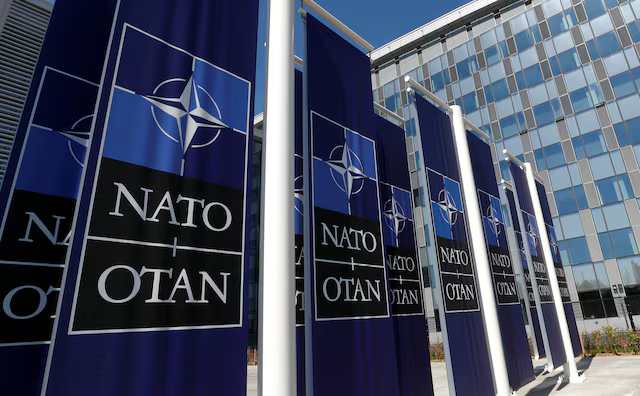
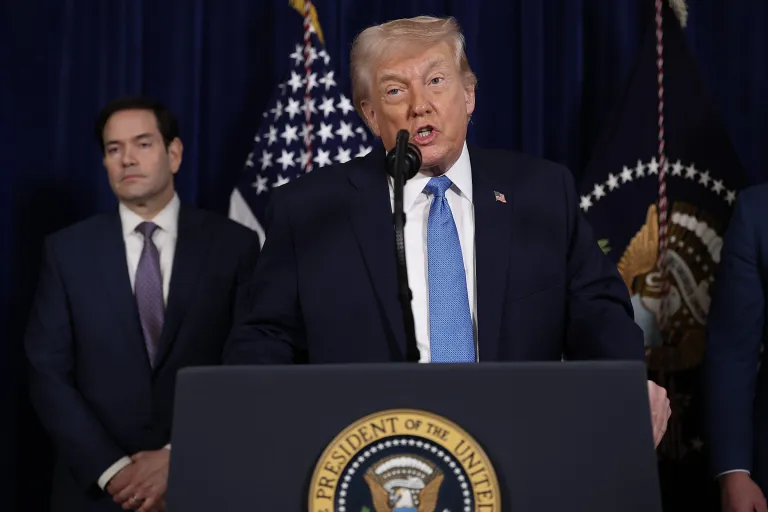
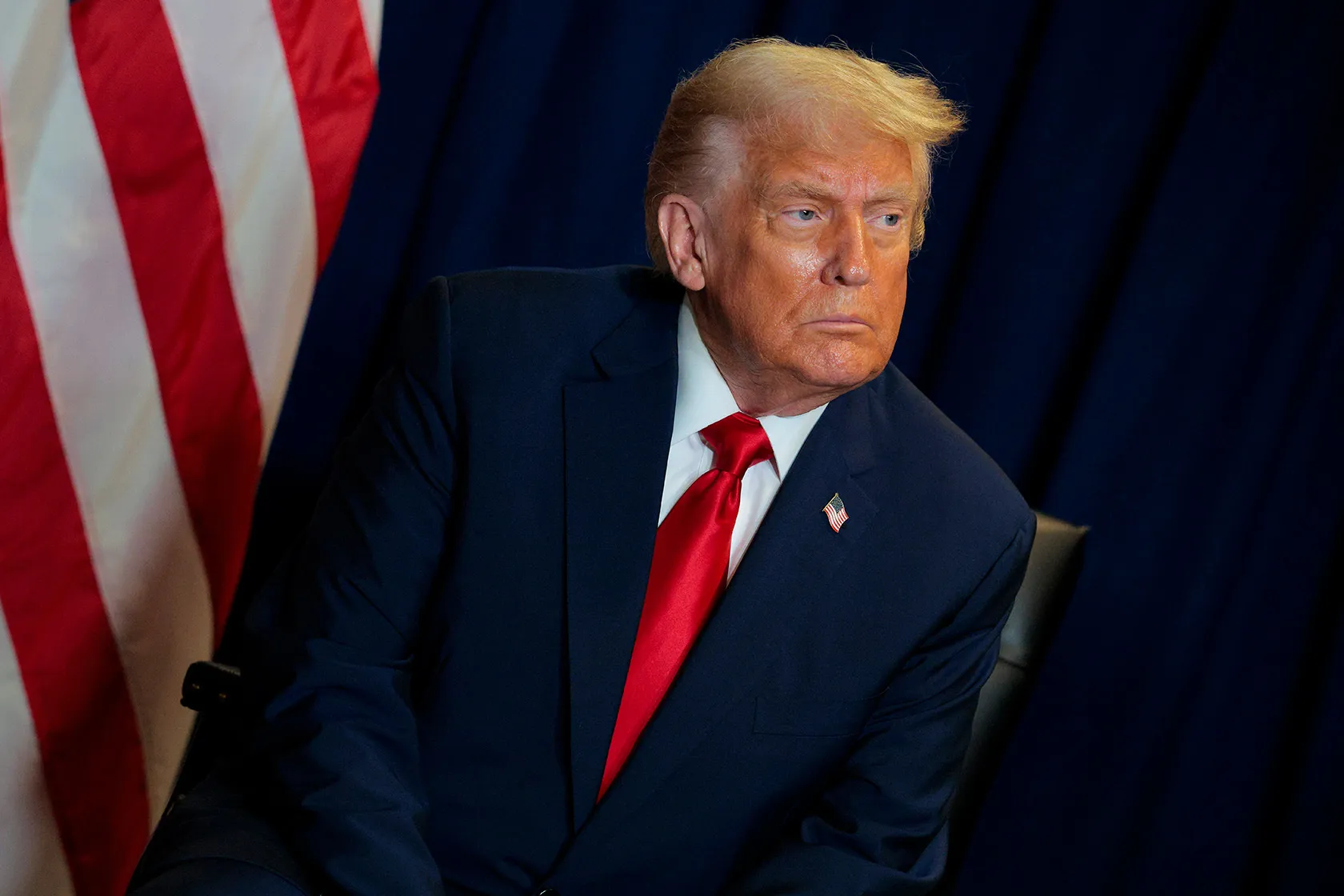



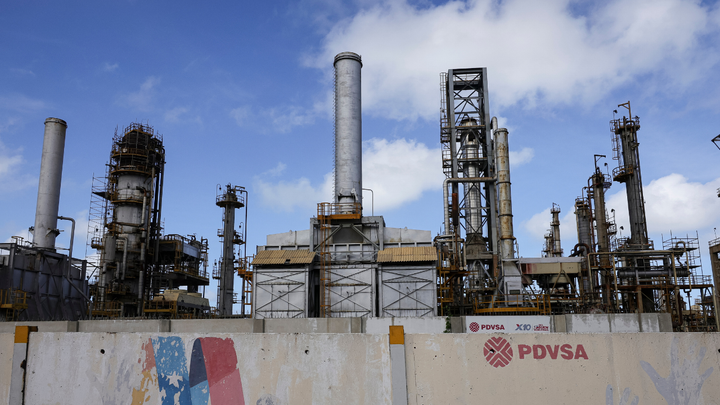

Discussion